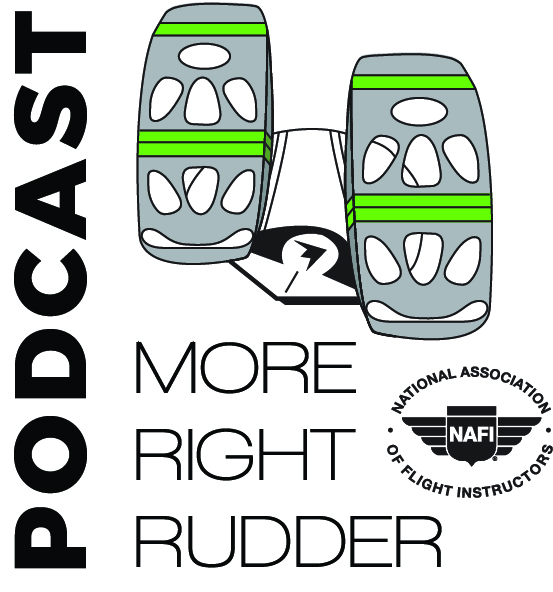| From NAFI's Chair |
More Than MathI recently read a great conversation in the Facebook group "CFI Discussion Group, Certificated Flight Instructor" regarding the use of the venerable E6B. The original poster stated that they had come back to aviation after an over 20-year hiatus and used an electronic E6B during his currency training. His CFI accepted it but admonished him to re-learn the manual "whiz wheel." A lot of the resulting conversation revolved around the reliability of the manual E6B ("doesn't need batteries!") vs. the accuracy and ease of entering numbers into an electronic device. Being of an age where I can use both a slide rule and a high-end calculator, or, if you prefer, remember how to use a rotary phone while being comfortable with a smart phone, I find these discussions intriguing because I can see both sides. And, to be honest, I use Foreflight for my own charts and flight planning, because it is convenient, easy, and accurate. What I did appreciate though, were the respondents who talked about fundamentals. There were several comments saying that the E6B is a great way of visualizing the various effects of wind, temperature, altitude, fuel burn, etc. If you look at one, it really is amazing how powerful ratios and visual trigonometry really are. That is why, although I personally use electronics in my own flying, I instruct with a manual E6B and teach my students how to use one. Similarly, they must go through chart exercises with me in flight planning, as well as manually calculating weight and balance. So, if pilots, including me, will be using electronics to plan and manage their flights, why do I set them these tasks? Some might say it's an attitude of "I had to, so you have to" on my part, but that's not it. Frankly, if I were ever to become that kind of instructor, it would be time for me to hang it up. No, the real reason is that entering numbers or routes, or what-have-you into applications or calculators doesn't give students a fundamental understanding of what lies behind the calculations. Knowing how the devices/programs work behind the scenes helps ensure that, if an error is made in data entry, a ridiculous answer is not accepted at face value. Plus, knowing the how and why will help a pilot get the most out of their digital devices. I recommend proficiency in both worlds, and if a student prefers electronic devices, let them use them. But take the time to show your students the fundamentals of how it all works. They'll be better for it. Bob Meder,
NAFI Board Chair
|







